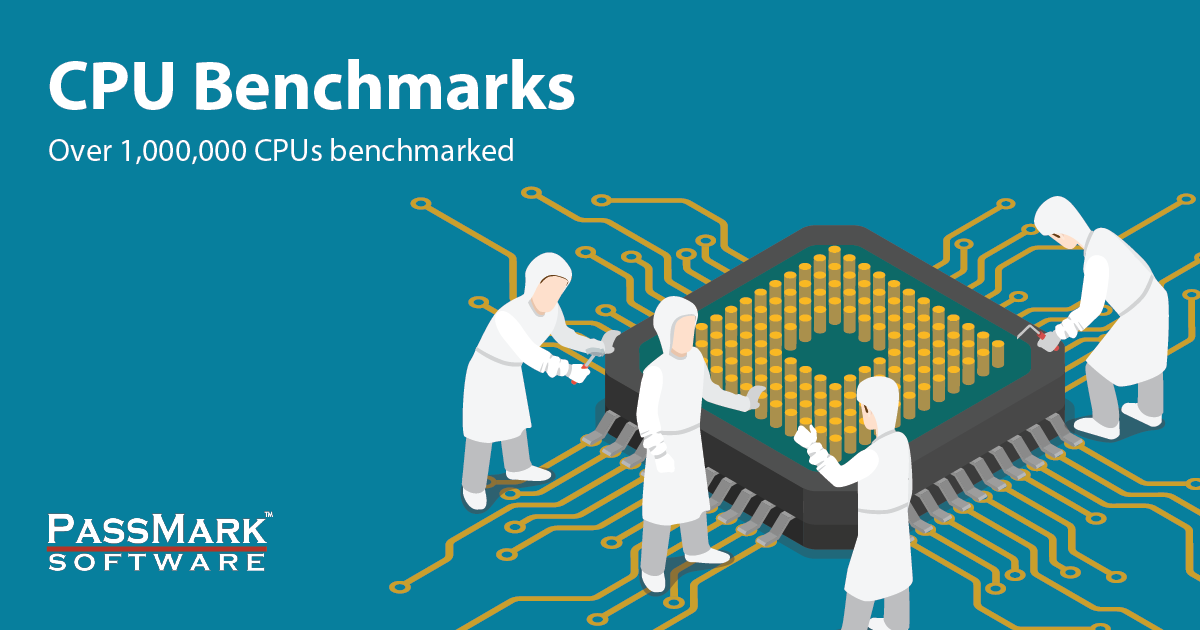- Joined
- Jul 11, 2022
- Messages
- 378 (0.36/day)
You should definitely match the 240 aio unless he was blasting 3000 RPM fans with it. Kinda depends what you plan on doing with it I guess and if you are ok removing the 100C Tjmax in bios. I almost want you to get one just to report back to us how hard you can push it. Maybe @ir_cow could test this not sure if he has a D15S though but maybe he has a similar cooler.
You may want to wait for the KS model if you plan on doing something like this it should be much better binned than the vanilla K model.
I was very close to pulling the trigger but my Local Micro Center just sold out. They had the price for the 13900K at $569 which was awesome compared to everywhere. They still have 25 in stock of 13700K which is $399 a great price compared to others.
To get 13900K which I would only want for better binning and extra L3 cache even though I will disable all e-cores. It is going in the $700 to $800 or even $800 plus more dollars by scalpers on ebay. Yuck.
Though also thinking of going with AMD.
Last edited:







 I enjoy playing with computer hardware
I enjoy playing with computer hardware 

